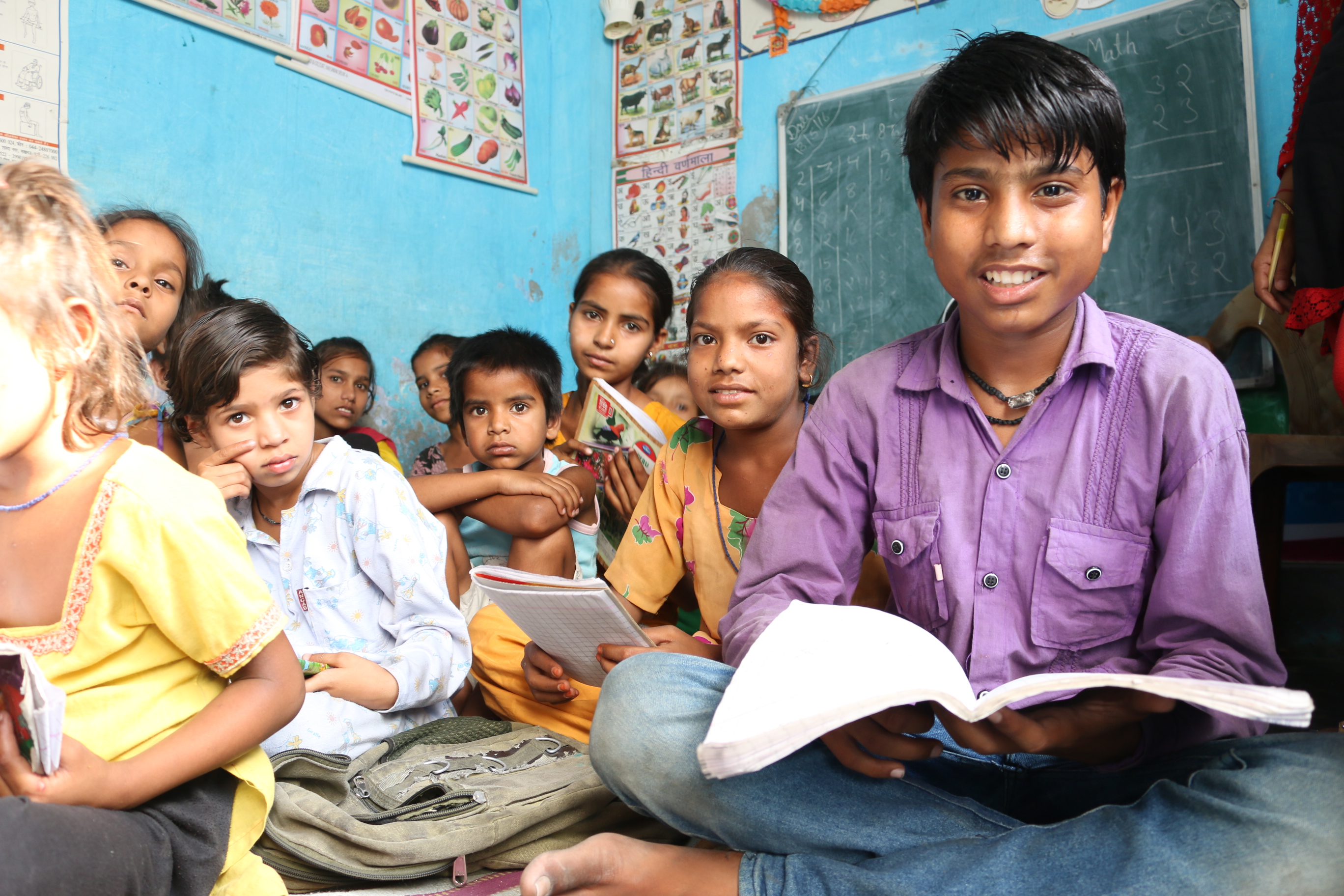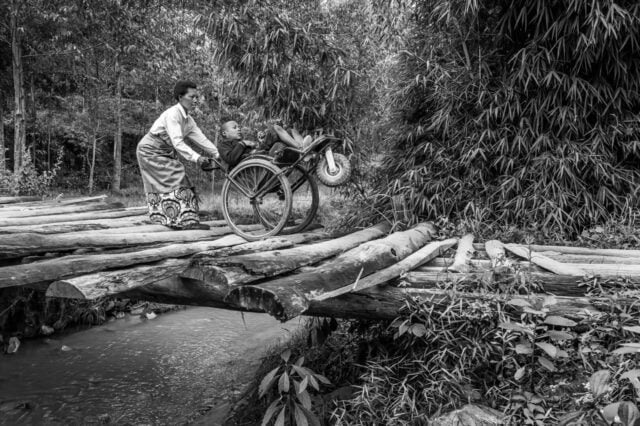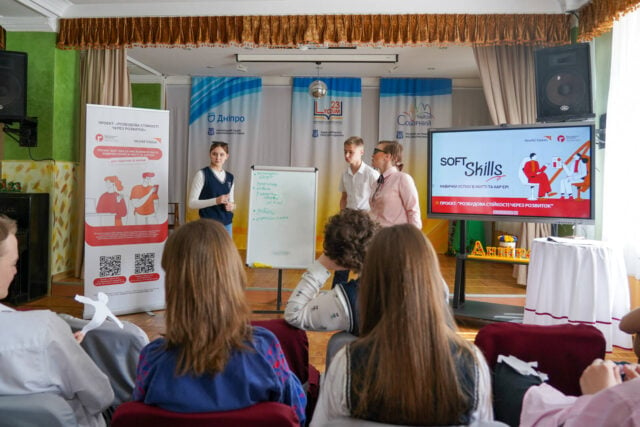A child in India used to work making books, yearning to know what was inside them. Day in and day out, 12-year-old Mohsin would go to work at a book-binding business near his house in Meerut, a city in northern India.
He arrived at 9 a.m., and he left at 7 p.m. In between, he would haul around books.
“I would be so tired that I’d just sleep,” Mohsin says. “The whole day I’d carry piles of books; my hands would hurt terribly.”
For his work, he earned about 30 cents a week to help his family — his father has bad asthma and can’t work, and his mother, Kanij, works odd jobs to try to support her family. Mohsin’s three older brothers married and moved out, but that still left eight people in the house to support. Kanij appreciated the help that Mohsin’s work brought to the family.
“For me, it was like he was being taken care of,” she says.
This is a common situation for many children in India, where 3.25 million children ages 5 to 14 work.
No time for school
With such long, physically exhausting days of work, Mohsin didn’t have time to play, nor could he attend school.
“I was surrounded by books, but I didn’t know what was in them,” he says. “I was always curious to know what they contained. All I thought about was how it would be if I could study these books I carried tirelessly all day.”
In 2013, World Vision began a project in Meerut to help children not attending school by creating 14 centers for children to attend. Staff members identify children who are working and invite them to attend a center.
At the center, the children get tutoring and learn — for some it’s their only education. The staff also teach children about issues related to child protection. Twenty-one local teachers have spent countless hours tutoring more than 3,000 children at the centers.
Mohsin began attending, and the center’s staff also spent time speaking with his family about the importance of a child getting educated, which is another key component of the project.
“After World Vision came and spoke to me, I realized that his life could be better through education,” Kanij says.
World Vision also works with families to provide them with better economic opportunities and connect them with government services they may be eligible to receive. These programs help children go back to school by not having to provide for their families. So far, in Meerut, the World Vision centers and government programs in this project have impacted more than 2,300 families and 7,600 children.
New possibilities
A year after Mohsin began attending the center, the staff thought he was ready to quit working and enter formal school.
“Before enrolling a child in our school, we test them, and based on their performance, we admit them in a suitable class,” says Mohommed Naushad, headmaster at Primary School Kanya in Meerut.
Mohsin was able to test into grade two at Mohommed’s school. Now, when Mohsin leaves his house each morning, he takes his prized possession — his schoolbag.
“I love my school books,” he says. “I enjoy school. I like studying English the most. I enjoy math and Hindi too.”
Now the boy who yearned to read the books he carried each day is able to do just that. He continues to attend the center in the afternoons when he leaves school, and now he has time to play cricket with his friends, too. He feels healthier and happier, and while he once said he did not like his life, he now dreams of the future.
“When I grow up, I want to be a police officer,” Mohsin says. “I want to run fast and catch all the thieves, but I want to finish studying first. Without going to school, I will not become a good police officer.”
His mother has seen a transformation in him that reassures her that she made the right decision.
“Even if there is no money in the house, I will still send Mohsin to school,” Kanij says. “I will never stop his education. Mohsin smiles more often now; he is happier. I want a good life for my child.”
How you can help
Praise God that Mohsin is in school. Pray that World Vision will reach more children.
Give a gift today to help World Vision prevent child labor and exploitation around the world.


